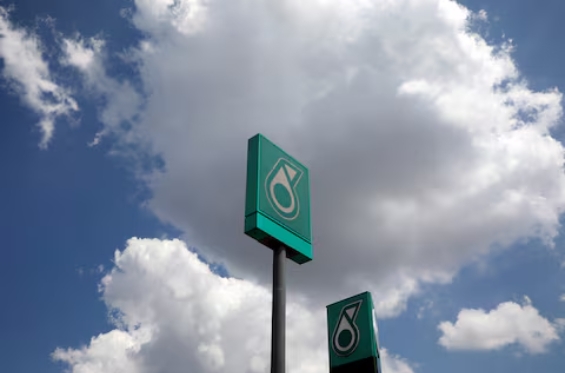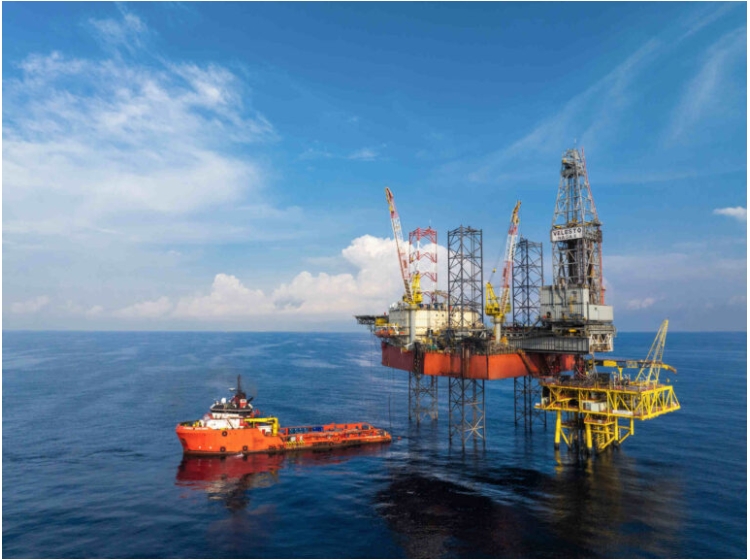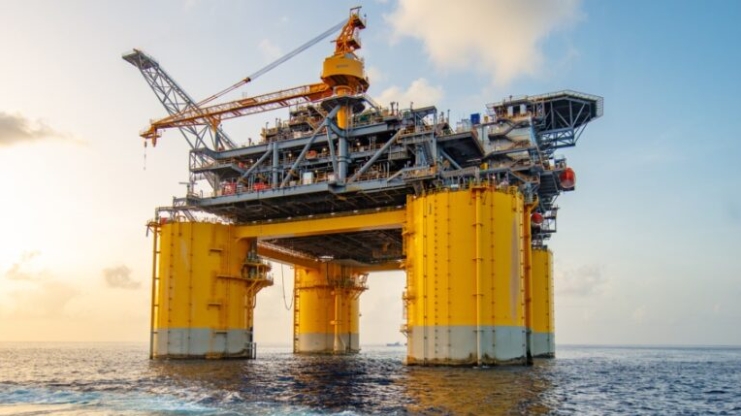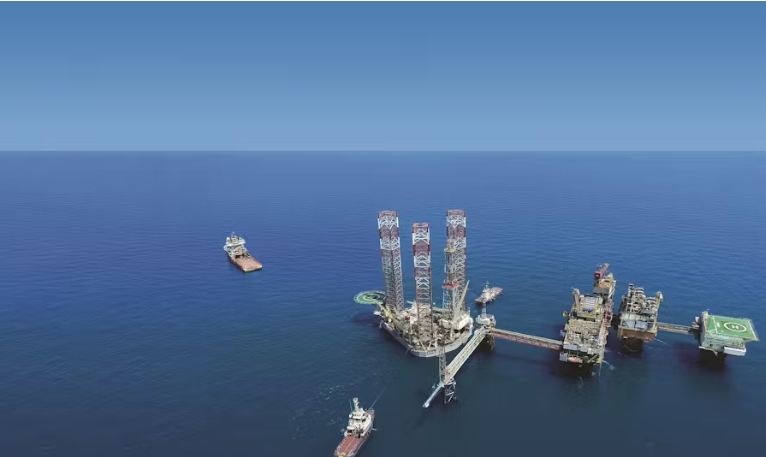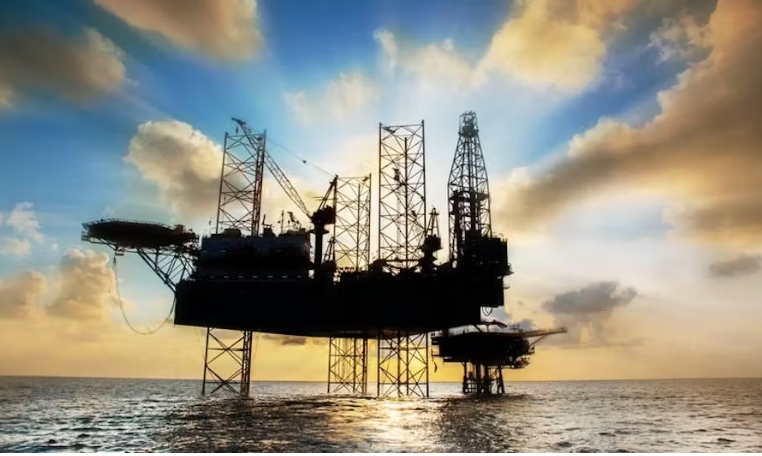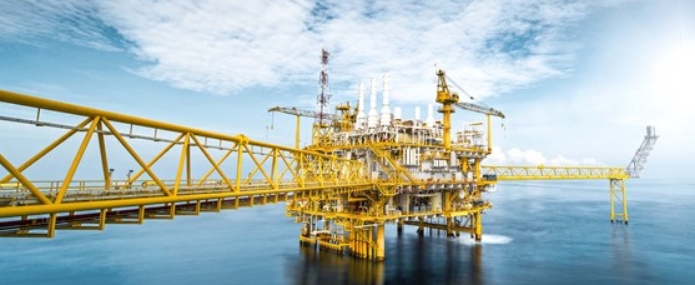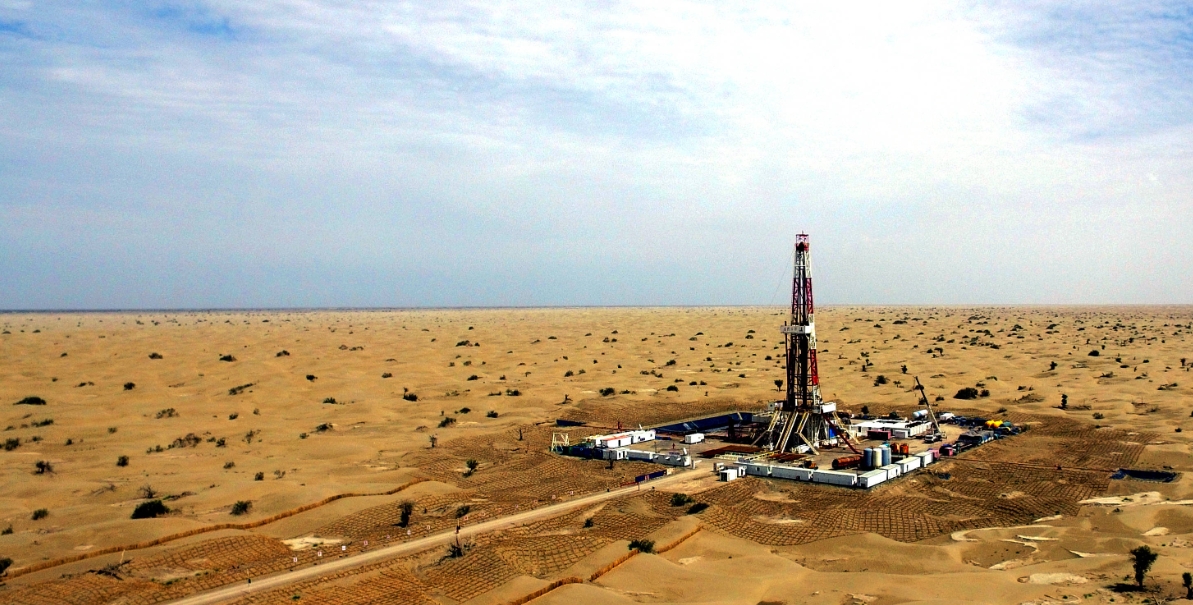
Berlin, therefore, has recently decided on diversifying the methods with which to achieve its goal. Europe's largest economy will provide 20 new research facilities with $110 million to test new hydrogen-based technologies for industrial-scale applications. Additional funds are earmarked for ‘structural change' regions which are affected most by the energy transition such as areas with mines.

Getting back on track
Germans are staunch supporters of environmentalism and the energy transition. The country has embarked on a long road to free the state of its coal and oil addiction, which was producing 1,000 million tons of CO2 in 1990. Since then, Germany has reduced the emission of greenhouse gasses by almost a quarter. However, in recent years, the pace of decline has stalled. On top of that, the nuclear disaster at Fukushima Japan and the consequential desire to ban atomic energy from the country, has put additional pressure on the country's sustainability goals.

The good news is that Germany's electricity production from renewables has been rising steadily over the years. The bad news is that improved economic conditions have increased the consumption of petroleum products, which have largely nullified the gains made in the area of sustainability. Renewables currently produce a third of Germany's power, but the gradual phasing out of nuclear technology and coal-fired power plants within the next decades will create a severe technical challenge due to wind and solar power intermittency.
Political challenges
German policymakers are aware of the weaknesses in their infrastructure due to the energy transition. Wind and solar intermittency create a technical challenge for engineers to maintain a stable flow of power when the sun is not shining or the wind blowing. In most parts of the world, natural gas is designated as the ideal bridging fuel to overcome this problem. Gas emits half the amount of CO2 compared to coal and production can commence relatively quickly when necessary. German policymakers, therefore, are supportive of the controversial Nord Stream 2 pipeline which will deliver 55 bcm of natural gas directly from Russia to Germany.
